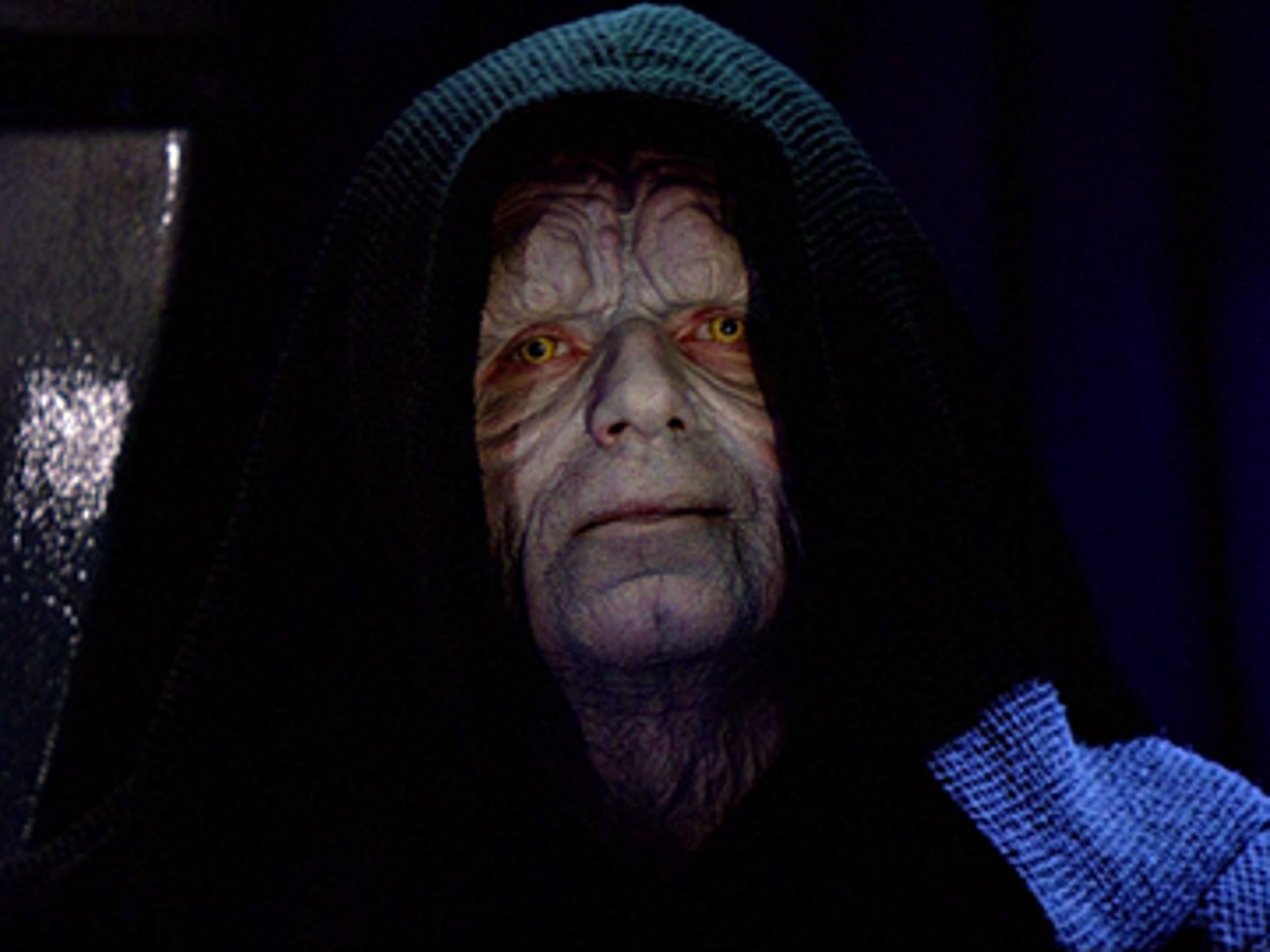AP Government Presidency
1/38
There's no tags or description
Looks like no tags are added yet.
Name | Mastery | Learn | Test | Matching | Spaced |
|---|
No study sessions yet.
39 Terms
Presidential Term limits
laws that limit the number of terms a president can serve
It prevents president from gaining too much power
Presidential Requirements
35 years of age
14 years of U.S citizenship
Born in the U.S
Bully pulpit
Ability to use the office of presidency to promote a particular program and/or to influence Congress to accept legislative proposals
Appointment Power
Authority vested in the president to fill a government office or position
Cabinet
A group of Presidential advisers composed of 14 secretaries, the attorney general, and others chosen by the President
They help advise president in making decisions
Roles of the President
Commander in Chief
Chief Legislator
Chief Executive
Head of State
Chief Diplomat
Chief Party Leader
Chief Economic Planner
Chief Executive
Decides how the laws of the US are to be enforced and choosing officials and advisers to help run the Executive Branch
ensures laws arr carried out
Commander-in-Chief
president's role as the head of the armed forces
Head of State
Welcomes foreign diplomats and royalty into the country to help keep relations up ; the face of the country
Chief Legislator
President has the power to Accept or deny the bills that Congress pass' to him
check and balance legislative branch
Party Leader
Ability to campaign for certain people who support his policy and get them re-elected or appointed to office; can put people in his cabinet that he likes and who supports him
Constitutional Powers (president)
Constitution explicitly assigns to the president the power to sign or veto legislation, command the armed forces, ask for the written opinion of his Cabinet, convene or adjourn Congress, grant reprieves and pardons, and receive ambassadors.
president has a hand in everything that happens in the government.
Council of Economic Advisors
A three-member body appointed by the president to advise the president on economic policy
Executive office of the President
permanent agencies that perform defined management tasks for the president
Includes the Office of Management and Budget, the Council of Economic Advisers, the National Security Council, and other agencies.
Executive order
A rule or regulation issued by the president that has the effect and formal status of legislation
Executive Privilage
the privilege, claimed by the president for the executive branch of the US government, of withholding information in the public interest.
Executive Agreement
An agreement, made between the president and another country, that has the force of a treaty but does not require the Senate's "advice and consent"
Impeachment
President is removed from office
if they are being corrupt, breaking the law, or anything prescribed by the Constitution, he House of Representatives can pass charges with a simple majority vote. Senate holds impeachment trials
Watergate
The events and scandal surrounding a break-in at the Democratic National Committee headquarters in 1972 and the subsequent cover-up of White House involvement, leading to the eventual resignation of President Nixon under the threat of impeachment
Veto
The constitutional power of the president to say no to a bill
it sends a bill back to Congress with reasons for rejecting it. A two-thirds vote in each house can override a this.
Line item Veto
The power of a president, governor, or other elected executive to reject individual provisions of a bill.
Importance: keeps useless riders out of the question.
National Security Council
An office created in 1947 to coordinate the president's foreign and military policy advisers. Its formal members are the president, vice president, secretary of state, and secretary of defense, and it is managed by the president's national security assistant
Office of Management and Budget
Business division of the Executive Office of the President of the United States that administers the United States federal budget and oversees the performance of federal agencies
Pardon Power
Power of the president to forgive a federal offense without penalty or grant release from a penalty already imposed. Based on kingly power to intervene in judicial process in exceptional cases
Pocket Veto
A veto taking place when Congress adjourns within 10 days of submitting a bill to the president, who simply lets it die by neither signing nor vetoing it
State of the Union Address
The president's annual statement to Congress and the nation
War Powers Resolution
A law passed in 1973 spelling out the conditions under which the president can commit troops without congressional approval
White House Staff
Personnel who run the White House and advise the President. Includes the Chief of Staff and Press Secretary
Imperial Presidency
President is seen as emperor taking strong actions without consulting Congress or seeking its approval

Senatorial Courtesy
Presidential custom of submitting the names of prospective appointees for approval to senators from the states in which the appointees are to work
Signing Agreement
When the President issues a written interpretation of a legislative act at the time of its enactment
Popular Vote
Tally of each individual's vote within a given geographic area
Majority of votes
Electoral Vote
Official vote for president and vice president by electors in each state
Presidential Succession
1. Vice President 2. Speaker of the House 3. President Pro-Tempore of the Senate 4. Secretary of State 5. Secretary of Treasury
Jurisdiction
The official power to make legal decisions and judgments
Legislation
The process of making a law by a governing body
Government Corporations
Such as the Tennessee Valley Authority, created during the New Deal, having specific responsibilities that facilitate a specific operation of the government
Iron Triangle
Interrelationship among bureaucracies, government, interest groups, and the public, also establishes a pattern of relationships amount an agency in the executive branch, congress, and one or more outside clients of that agency
inherent powers
powers claimed by a president that are not expressed in the Constitution but are inferred from it